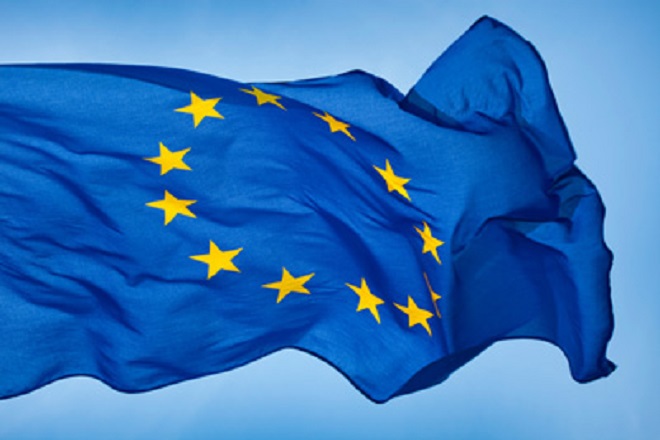A recession in Europe, which is becoming more likely, would increase external strains and growth challenges for some vulnerable non-European sovereigns, including several in north Africa and south Asia that have high export exposure to the EU, says Fitch Ratings.
We forecast the eurozone economy to expand by 2.6% in 2022 and 2.1% in 2023, but the recent sharp drop in gas export volume from Russia to Europe has raised the likelihood of gas rationing, in our view, making a technical recession in the eurozone an increasing possibility.
buy lasix online buy lasix online no prescription
Export Exposure to Europe Among EM Sovereigns, by Region (Goods exports to EU as a % of total, 2021) 60 50 40 30 20 10 0 Emerging Europe Sub-Saharan Africa Middle East and North Africa Asia-Pacific Latin America and the Caribbean % Note:Average of export shares by country, weighted by 2021 nominal GDP; Fitch-rated sovereigns only Source: Fitch Ratings, Haver Analytics, IMF Direction of Trade Statistics Emerging markets (EMs) in central and eastern Europe would be affected by the gas rationing itself.
Moreover, these markets have strong trade links to developed economies in western Europe that are also exposed to gas-supply disruption. Outside Europe, EMs in sub-Saharan Africa have the greatest export exposure to the EU, while those in Latin America and the Caribbean have the lowest.
There are also pockets of vulnerability in certain narrower geographic regions; for instance, the proportion of goods exports to the EU is particularly high in north Africa, at 61% in Morocco, 67% in Tunisia and 31% in Egypt. Exports to the EU are also substantial for a number of south Asian markets, including Bangladesh, at 38%, Pakistan, 26% and Sri Lanka, 24%. Any shock to external demand in Sri Lanka is likely to exacerbate the pressure stemming from its already acute shortage of foreign exchange and the supply-chain disruption confronting exporters.
A recession in the EU is also likely to cause a drop-off in outbound European tourism. This could hold back tourism recoveries after the Covid-19 pandemic in markets that have traditionally seen a large share of European arrivals.
This includes EMs within Europe, such as Croatia and Turkey, as well as African sovereigns, like Morocco, Egypt, Tunisia, Cabo Verde and the Seychelles.
Europeans have also traditionally formed a large share of arrivals in Asian EMs, including the Maldives and Sri Lanka, and accounted for close to 40% of arrivals in Thailand in 5M22.
A sudden stop of Russian gas supplies to Europe could push up global gas prices, benefiting gas exporters, such as Qatar, though most of Qatar’s gas exports are through long-term contracts.
The credit effects on EM exporters and importers of other fossil fuels are less clear. Weaker demand in Europe could dampen global oil prices, particularly in the context of our baseline forecast for the US economy to slow.
However, some gas consumers may switch to other fuel sources, partially offsetting this effect. In the longer term, efforts to reduce reliance on Russian fuel supplies could accelerate decarbonisation in Europe, putting added downward pressure on fossil fuel prices.
Vulnerabilities to a sharp slowdown in eurozone growth are marked in Tunisia, Egypt, Turkey and Pakistan. These sovereigns already face significant external pressures associated with recent high global commodity prices, rapidly rising external financing costs and, in some cases, difficulties in accessing international debt markets.
However, risks to their creditworthiness could be mitigated where authorities are able to secure financing support from the IMF.

